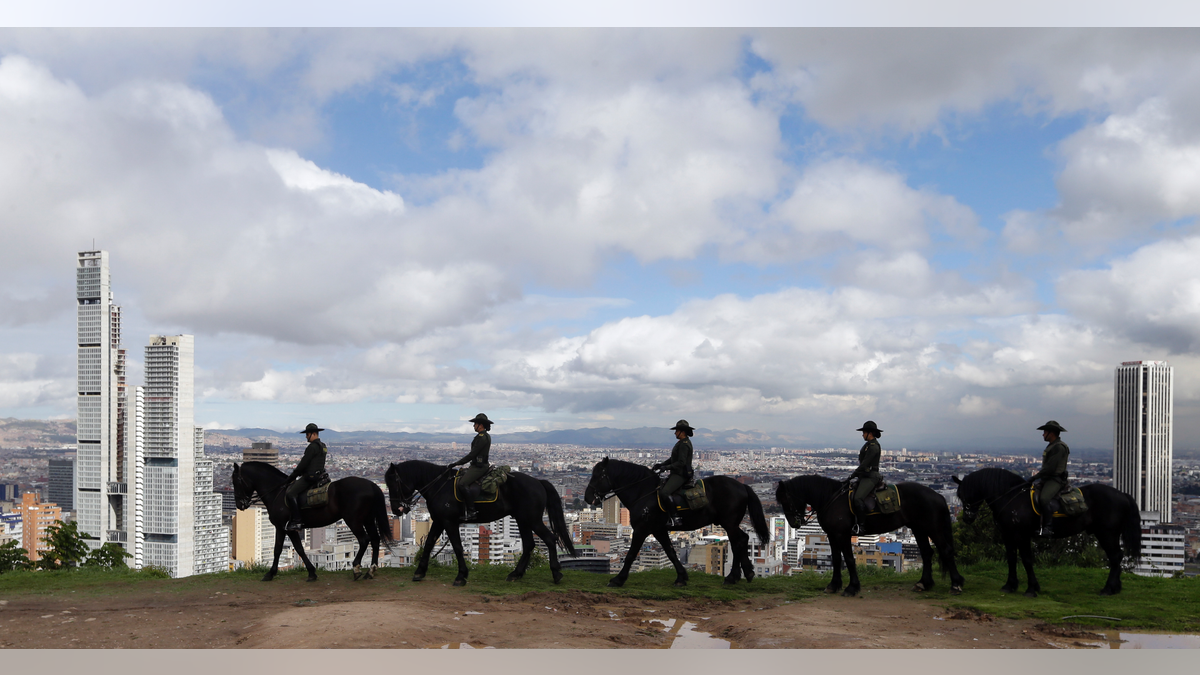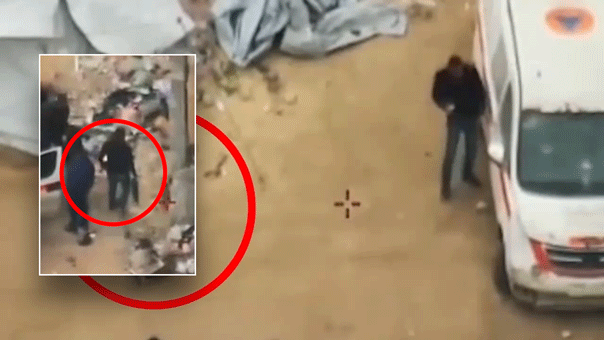
BOGOTA, Colombia – In 2016, the Colombian government and the Revolutionary Armed Forces of Colombia, or FARC, signed a peace deal that ended five decades of conflict. The peace accord was praised around the world but its implementation has been slow going and ridden with obstacles. As Colombia prepares for a presidential election runoff Sunday the two candidates have starkly different ideas on how to carry out the peace pact.
WHAT CHALLENGES DOES THE PEACE DEAL FACE?
Almost 7,000 rebel fighters laid down their guns last year as a result of the peace deal. But homicide rates are rising in rural areas of Colombia that were abandoned by the guerrillas, as dissident FARC factions, criminal groups and a smaller rebel group fight over drug trafficking routes that were previously under FARC control. In order to sustain progress made with the peace deal, Colombia's next president will have to find ways to boost state presence in these areas and lure farmers away from illegal coca crops.
Additionally, the peace deal creates a transitional justice system that will investigate abuses committed by all sides and spare former combatants jail time if they confess to their war crimes. But FARC leaders will lose such benefits for any crimes committed after the signing of the peace deal. The recent arrest of a FARC leader on U.S. drug trafficking charges has jeopardized relations between the former guerrillas and the Colombian government.
WHAT HAVE THE CANDIDATES SAID ABOUT THE DEAL?
Ivan Duque, the conservative frontrunner, has said he wants to modify the peace deal so that FARC leaders who have committed war crimes are barred from holding political office until they have provided reparations to victims. Critics say that would undercut the deal's promise to temporarily give the former rebels 10 seats in congress. Duque also said ex-rebels involved in drug trafficking should not get special legal treatment afforded by the accord but he has since backtracked from that hardline position.
Former guerrilla Gustavo Petro has staunchly defended the wide-ranging, 310-page peace deal and said he wants to focus on one of its most daunting aspects: an agricultural reform program to buy up farmland for peasants.
CAN THE PROPOSED CHANGES TO THE DEAL BE MADE?
Duque's proposals to overturn negotiated amnesties, or limit the former rebel's participation in politics, require broad-based support in congress that he doesn't currently have and in any case could be challenged by the former rebels in Colombia's courts. Nonetheless, he could slow down implementation by withdrawing political support and failing to staff key positions.
WHAT COULD HAPPEN IF THE DEAL IS CHANGED?
Attempts to undermine the peace deal could encourage some former FARC fighters to join up with criminal gangs that are already busy recruiting in areas traditionally neglected by the state. Going back on the government's word would also make it harder to gain the trust of the National Liberation Army, a smaller guerrilla group that is currently in negotiations with the government in Cuba.








































